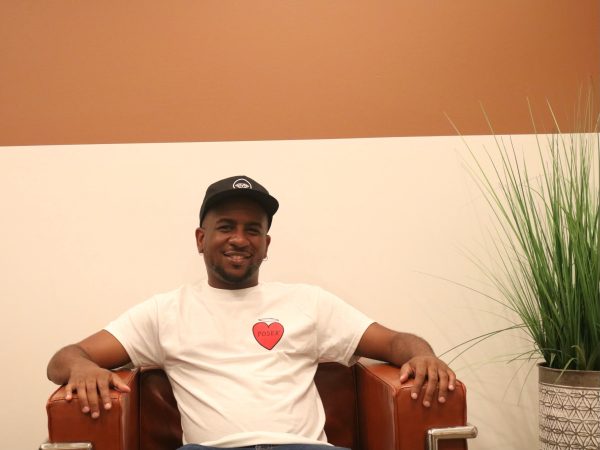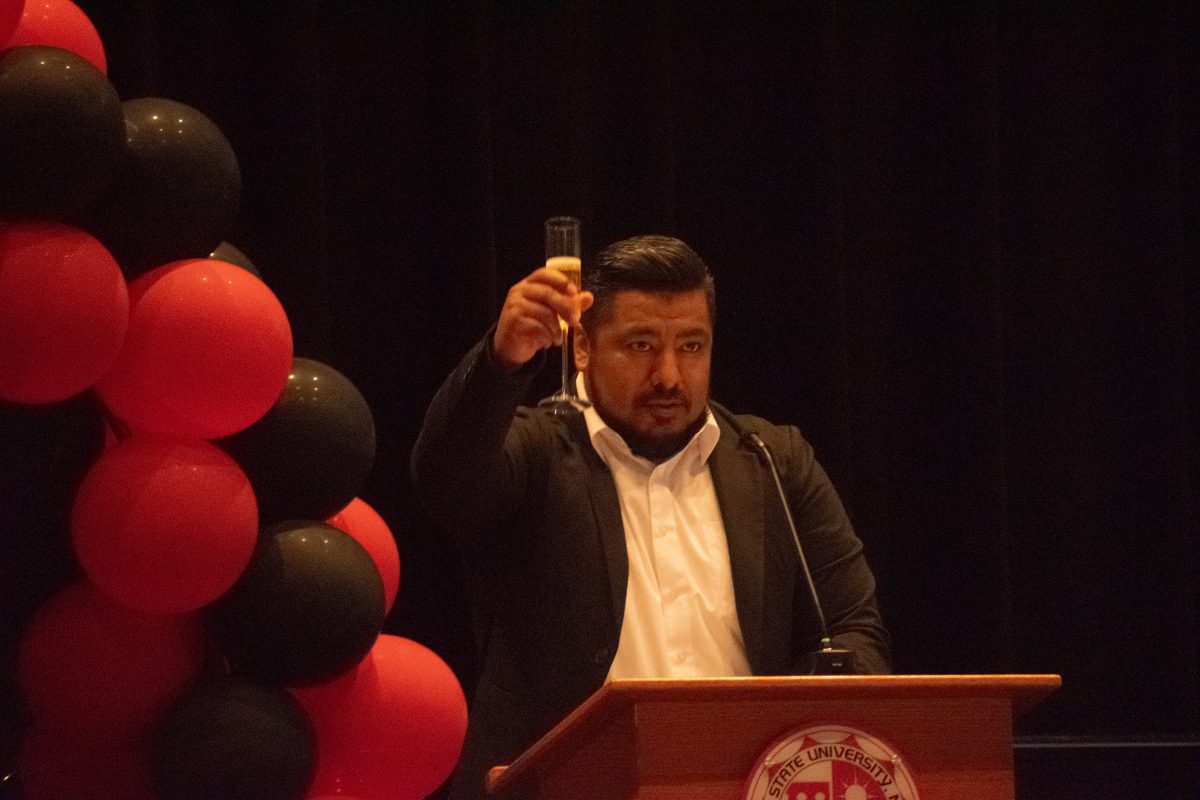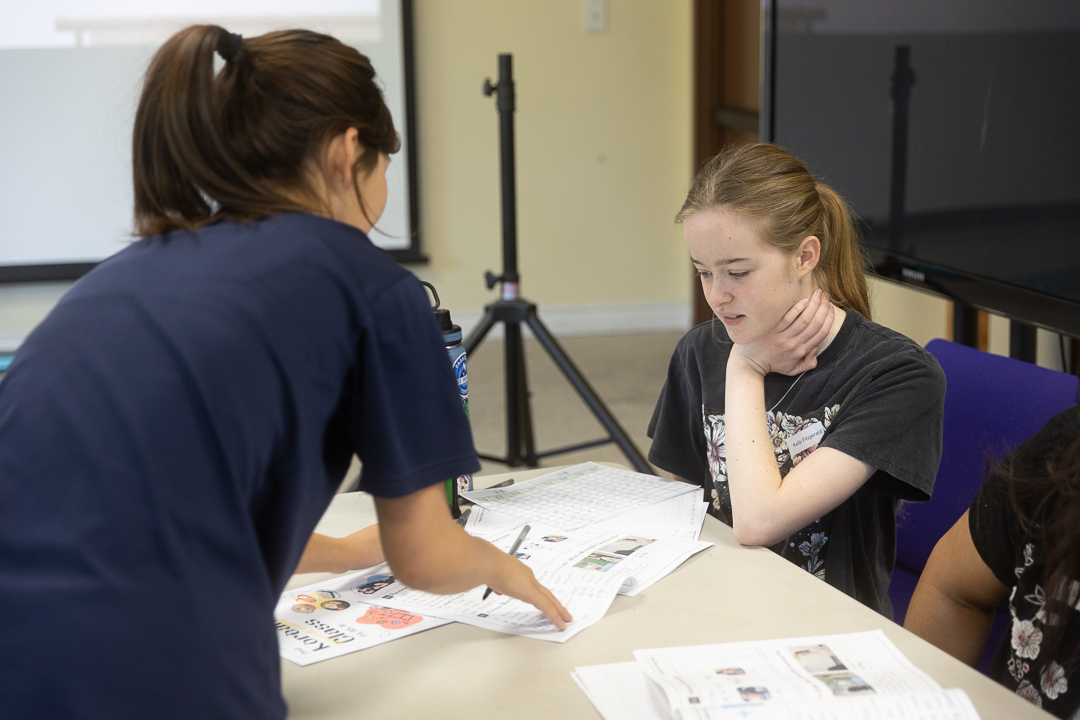Impostor syndrome looks different for everyone; however, the symptoms may be similar for all those affected by it.
Over the years, professionals have found that students as well as minorities are susceptible to experiencing impostor syndrome. It usually presents as an overwhelming amount of self-doubt that typically stems from internalized stigmas about self-competency. Those suffering from it feel a sense of incompetence, regardless of their accomplishments. They also feel debilitating anxiety, worry, and fear.
Individuals often fear that peers perceive them as incapable of performing well. Professionals call this perceived fraudulence, but it is more commonly known as impostor syndrome.
The term was first used in 1978 by two psychologists, Pauline Rose Clance and Suzanne Imes. However, at the time, it was coined as a phenomenon instead of syndrome.
Although it is not officially recognized as a diagnosable psychiatric condition, professionals acknowledge that it is a symptom individuals may experience due to other underlying diagnosable conditions, such as depression or anxiety.
Impostor syndrome consists of a mixture of symptoms that can often lead to burnout because of perfectionist behavior, according to Psychology Today.
A great way to battle these feelings of insecurity is by acknowledging accomplishments. However, acknowledging one’s accomplishments is not easy to do when experiencing impostor syndrome.
Juan Diaz, a counselor at CSUN, shares that part of the reason students may struggle with impostor syndrome is due to how they perceive themselves when compared to those around them.
“There’s this feeling that you don’t know enough because often you compare yourself to the professors, or to higher grades, or to people who are already in that career, and since students haven’t worked in that area, they feel like they don’t have the tools,” Diaz said.

Two-time CSUN alumnus Justin Flores, known under his DJ name Justin Muzack, overcame his challenges with impostor syndrome during both undergraduate and graduate school. Flores graduated with a bachelor’s degree in cinema and television arts in 2017 and a master’s degree in music industry administration in 2019.
During his five years at CSUN, Flores had to embrace different parts of himself, but the first time he really felt like an impostor was during grad school. This was because he played different roles in various communities, and it became confusing as to how or where he should measure his success.
“At the time I was living a lot of different lives at once. I was working two jobs, so I was still working at Food 4 Less, but then also I had gotten promoted to community center manager from being a resident advisor,” Flores said.
Besides having two jobs, Flores found himself working in the media. He interviewed well-known music artists such as Snoop Dogg, Amber Rose and others. On top of that, he had just started grad school.
“Being a Black male and being the first male in my family to pursue a master’s degree was monumental. I felt like I was breaking a lot of glass ceilings and generational curses, all at once,” Flores shared.
Ironically, individuals exhibit signs of impostor syndrome when attention is brought to their success, such as a promotion. In fact, about 70% of people are vulnerable to experience a sense of perceived fraudulence, but overachievers are more susceptible to it.
A great way to remain objective instead of spiraling into self-doubt is to review the facts.
“Check your grades and see how you’re doing because that is a more objective measure,” Diaz said.
It is possible to overcome impostor syndrome, although it may require time as well as a newfound perspective of oneself. Additionally, there are ways to manage symptoms and overcome them with the right resources.
Flores shared that after grad school he was able to find ways to heal from impostor syndrome through therapy, faith and real-life experiences.
“When I walk in my purpose and I walk in my light and I trust God, you know, my talent that he has given me or my integrity or my character, things work out,” Flores said.
Diaz wants CSUN students to know they have options available to help them through it.
“I would recommend using the resources that CSUN offers: we offer therapy at our University Counseling Services free of charge,” Diaz said.
Students experiencing impostor syndrome or seeking resources for their mental health can schedule an appointment with University Counseling Services located in Bayramian Hall.






